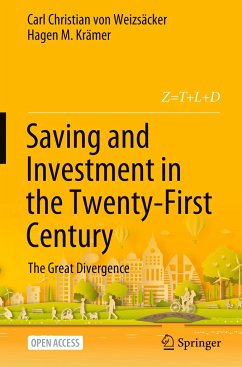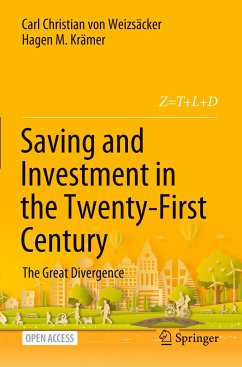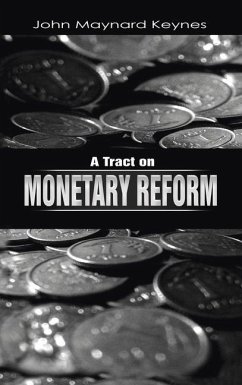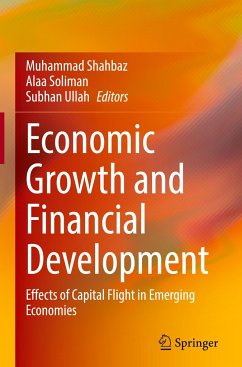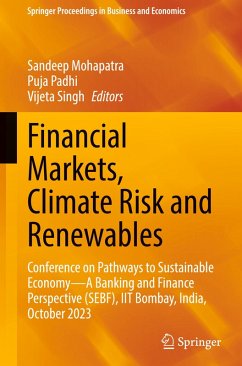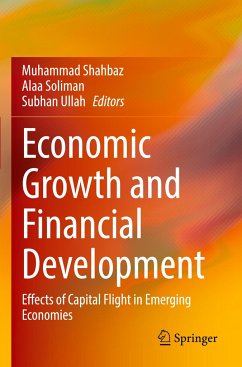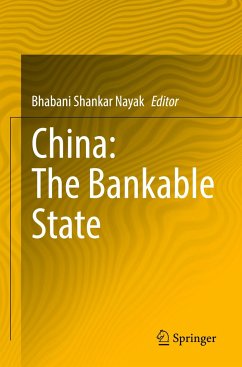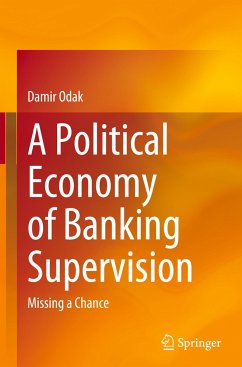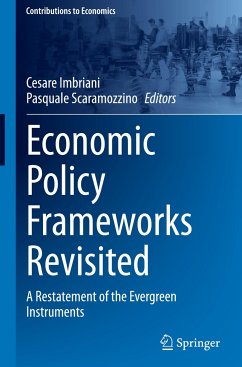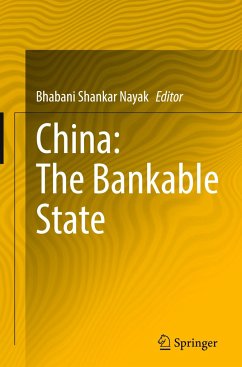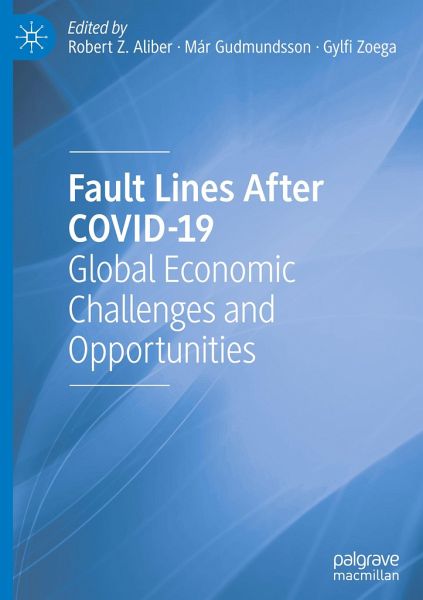
Fault Lines After COVID-19
Global Economic Challenges and Opportunities
Herausgegeben: Aliber, Robert Z.; Gudmundsson, Már; Zoega, Gylfi

PAYBACK Punkte
61 °P sammeln!
This book explores the central economic and political issues defining the modern world. With contributions from a number of world renowned economists, a range of topical debates are discussed in an accessible and practical manner. The topics discussed include the current economic and political backdrop, global economic shifts, challenges within central banking and financial integration, the international monetary and financial system, and geopolitical tensions. Particular attention is given to the transition to a low carbon economy, the perils of public debt, the post-COVID-19 recovery, and th...
This book explores the central economic and political issues defining the modern world. With contributions from a number of world renowned economists, a range of topical debates are discussed in an accessible and practical manner. The topics discussed include the current economic and political backdrop, global economic shifts, challenges within central banking and financial integration, the international monetary and financial system, and geopolitical tensions. Particular attention is given to the transition to a low carbon economy, the perils of public debt, the post-COVID-19 recovery, and the conflict in Ukraine.
This book aims to envisage the economic challenges and opportunities that will be faced in the years to come. It will be relevant to students, researchers, and policymakers interested in economic policy and the political economy.
Chapter-No.17 is available open access under a Creative Commons Attribution 4.0 International License via link.springer.com.
This book aims to envisage the economic challenges and opportunities that will be faced in the years to come. It will be relevant to students, researchers, and policymakers interested in economic policy and the political economy.
Chapter-No.17 is available open access under a Creative Commons Attribution 4.0 International License via link.springer.com.



